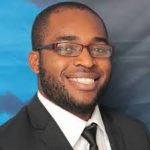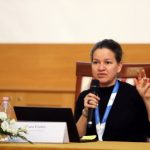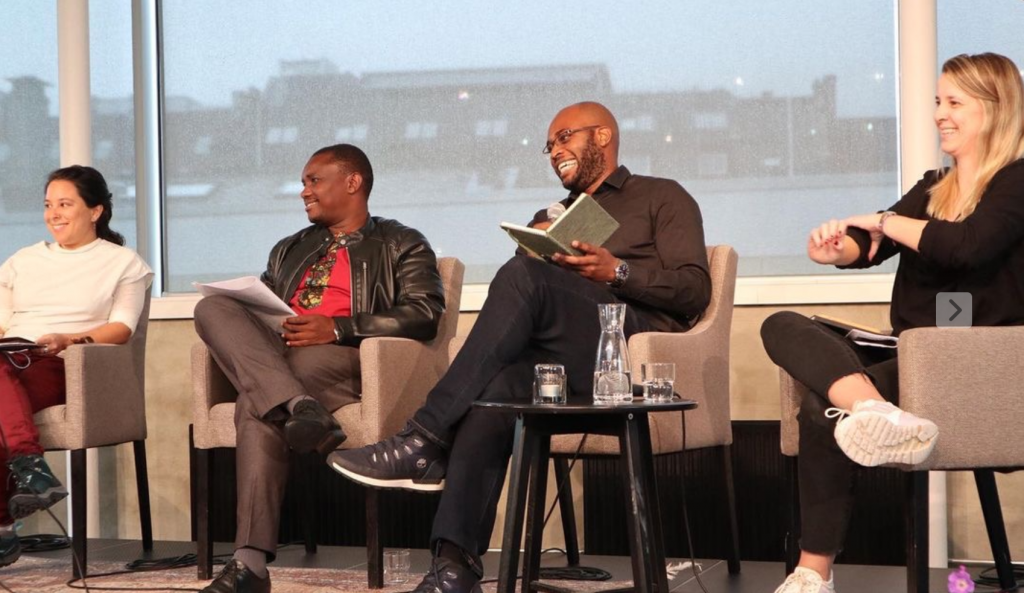
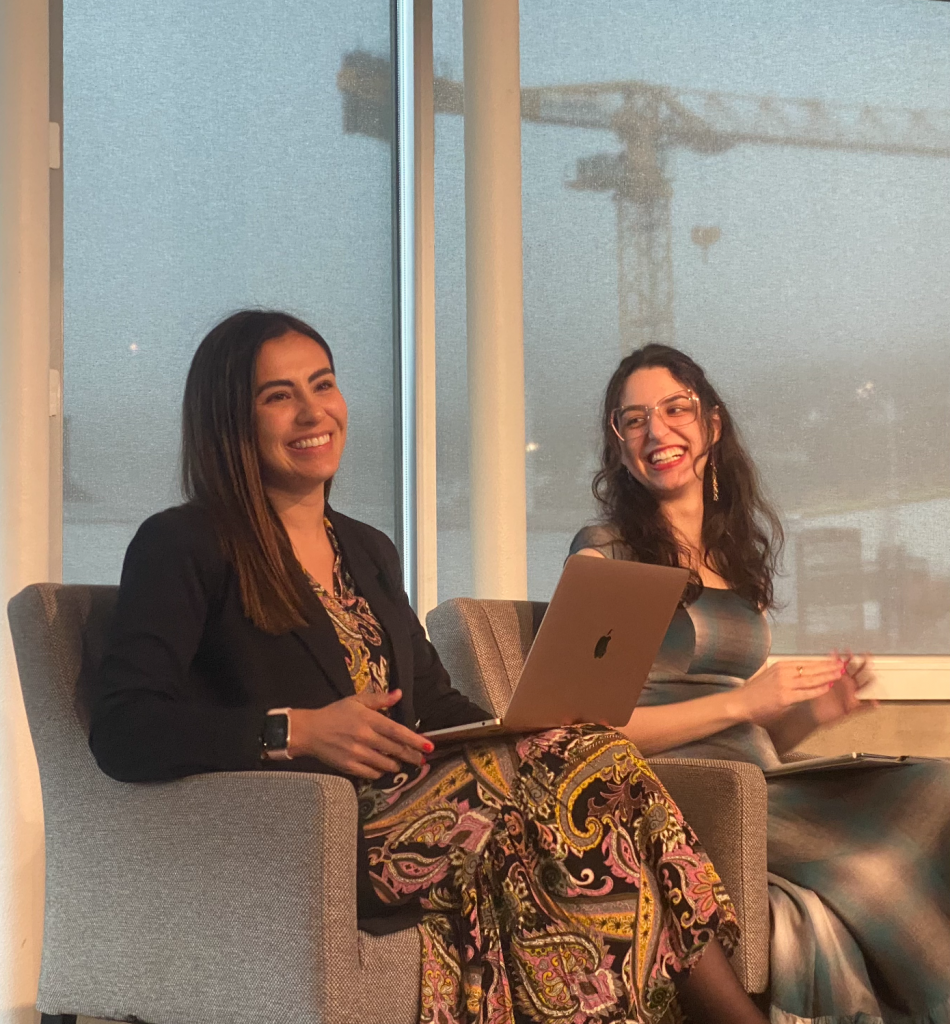
Have you ever learned about inequality from Global South Intellectuals? Probably not. Articles authored by Global South researchers represent 16% of the ones published in the top 20 global development journals between 1990 and 2019, whereas 73% were authored by Global North researchers[1][2]. Further, Southern-authored articles get fewer citations per article than Northern-authored articles[3]. Hence, CMI-UiB Centre on Law & Social Transformation affiliates created a South-South network to strengthen its members to fight this exclusionary scenario, to give the voices of young socio-legal scholars from Latin America, Africa, and Asia a broader reach and to help them to become protagonists in the debates involving them.
Our network members are conducting research in an unprecedented manner. From the perspective of scholars embedded in the context, we go beyond the economic struggle to explore social, gender, sexual, and structural inequality and show how these different aspects often overlap. Legal changes towards equality took place in our home countries – Brazil, Colombia, Guatemala, India, Kenya, Mexico, Nigeria, South Africa, Uganda, and Zimbabwe – and were able to produce social transformation to an extent, even though some challenges remain, as we highlight in our research.
The network was conceived and is coordinated by Lívia Buzolin, Brazilian guest researcher at the CMI-UiB Centre on Law & Social Transformation from August to November 2022, under the supervision of the Centre’s co-directors Siri Gloppen and Liv Tønnessen.
In June 2023, the South-South Network presented their work in a panel at the Law and Society Association Annual Meeting in Puerto Rico. The panel was a success and the conference was great fun!
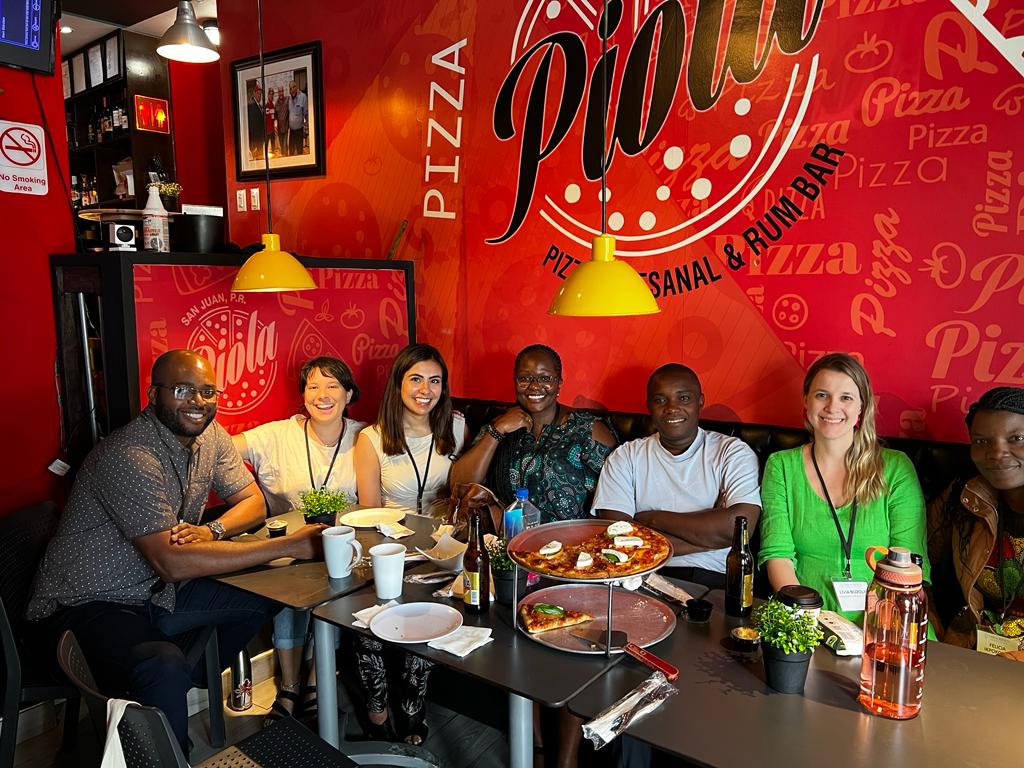
Are you interested in joining? Write to livia_gb@hotmail.com!
Current members:
Amanda Mellilo de Matos
Ana Braconnier de León
Bhavya Gupta
Cecilia Barreto de Almeida
Felicia Ikpokonte
Kerigo Odada
Thalia Viveros-Uehara
[1] The remaining 11% are collaborations.
[2] See: Veronica Amarante. 2021. Ronelle Burger, Grieve Chelwa, John Cockburn, Ana Kassouf, Andrew McKay and Julieta Zurbrigg. “Underrepresentation of developing country researchers in development research” Applied Economics Letters 29 (17): 1659-1664.
[3] Ibidem


